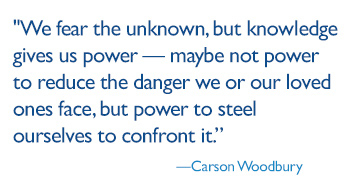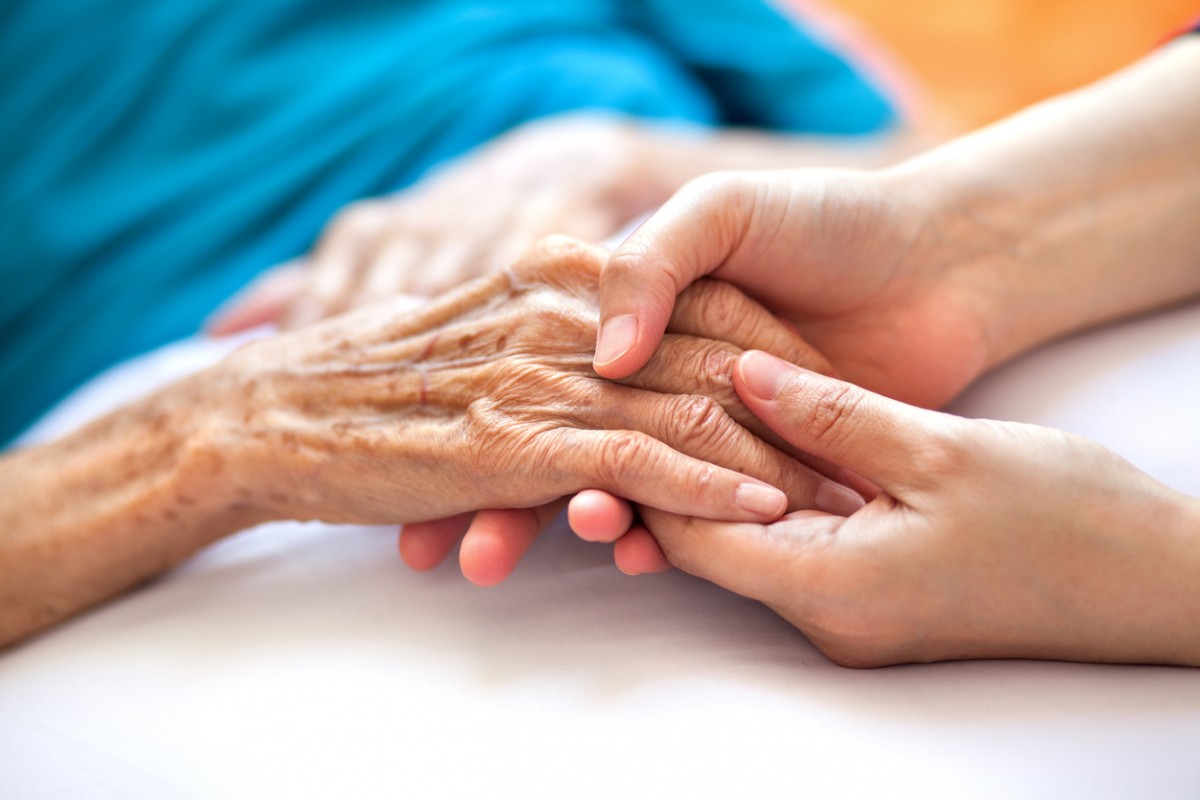The day after my cardiology exam, my grandfather had a heart attack. Heart attack — what a terrifying phrase. The heart transcends normal anatomical description. It is the seat of love, the essence of a person. And my grandfather’s was attacked.
When I first learned the news, the Hollywood portrayal of a heart attack flashed across my mind. I imagined horror sweeping across my jovial grandfather’s face. I saw his features go slack and watched him collapse to the ground, one foot already inside the ferryman’s boat. But before I could release the breath halted in my chest, I found myself wondering whether he would need emergent stent treatment and, if so, whether treatment would be hindered by his previous heart operation. A moment later, when I learned his symptoms, I immediately knew he was at a lower risk of death. My newly won knowledge of the cardiovascular system enabled me to process my family’s situation and think through the possible outcomes. Heart attack was no longer shrouded in mystery for me, its uncertainty diminished by my fresh grasp of disease mechanisms.
This is one of the earliest gifts of a medical education: understanding. Diagnostic skill and treatment philosophy come with time, but first, students must understand disease. Medical school separates illness into its constituent parts and helps students comprehend them through the logic of biology. Initially, I knew only the sense of danger heart attack inspires. After learning cardiovascular physiology, I can trace the sequence of events. I can picture fatty cells clumping on the side of an artery to the heart. I visualize the fat deposit narrowing the vessel as it grows thicker and thicker. I imagine the moment when the deposit rips off the wall, clogs the artery and deprives everything downstream of life-giving blood. Myocardial infarction: death of heart muscle. And then I remember that this plugged artery is in a heart, and the heart is in a man, and the man is my grandfather who used to hide chocolates in the house that my brother and I raced to find before breakfast.
 Understanding disease helps. We fear the unknown, but knowledge gives us power — maybe not power to reduce the danger we or our loved ones face, but power to steel ourselves to confront it. I am no cardiologist; I cannot treat my grandfather’s injured heart. But I can make sense of what happened to him, and I could explain it all to my brother, including why our grandfather left the hospital wearing an electrical monitor. I worried, of course, for Grandpa and for our family. But my concern was informed, concrete and ultimately easier to manage.
Understanding disease helps. We fear the unknown, but knowledge gives us power — maybe not power to reduce the danger we or our loved ones face, but power to steel ourselves to confront it. I am no cardiologist; I cannot treat my grandfather’s injured heart. But I can make sense of what happened to him, and I could explain it all to my brother, including why our grandfather left the hospital wearing an electrical monitor. I worried, of course, for Grandpa and for our family. But my concern was informed, concrete and ultimately easier to manage.
Illness, injury and death are dark alleys many of us prefer to ignore and walk briskly by. Without prior exposure, families are thrust into the thick of mortal illness with no tools to make sense of their situation. Little more than a year into my medical training, I find myself able to help. I cannot help treat, but I can talk. I can sit with a patient and a family at their most vulnerable time. I can help to ease their suffering by sharing what I know, by describing what lies ahead. It is a gift. It is a start.
Related Content
- Comfort: On the Menu in the ICU. Read more in our Fall issue of Hopkins Medicine Magazine.
- Visit our Health Library to learn more about symptoms and treatment of heart attack.
